HOW MANY MILLIONS HAVE THESE THREE TRAITORS SUCKED OFF RED CHINA???
DO A SEARCH AND YOU'LL GET AN IDEA OF HOW BAD IT IS!
‘TikTok Is Built Like an Indoctrination Machine’: GOP Senator Sounds Alarm on App’s Impact on American Youth
Sen. Jim Risch (R-Idaho) has asked the Federal Trade Commission to explain what it is doing to prevent adolescent TikTok users from being exposed to Chinese Communist Party (CCP) propaganda and the app’s problematic data procedures.
In a July 31 letter (pdf) to FTC Chair Lina Khan on Monday, Risch, the ranking Republican on the Senate Foreign Affairs Committee, labeled the Beijing-backed social network “the perfect storm for concern” with respect to its impact on American youth.
“Given its connections to the Chinese Communist Party (CCP) and the way it collects and controls sensitive personal information, TikTok poses one of the greatest long-term threats to the health, safety, and privacy of millions of Americans,” Mr. Risch said in his letter.
He asked Ms. Khan a number of questions and requested a “prompt response” by Oct. 30. The lawmaker wants to know what measures the FTC is taking to safeguard children’s data and keep them safe from potentially harmful video trends, and he also wants to know what steps are being taken to stop “the development of algorithms that directly promote CCP propaganda.”
“TikTok is built like an indoctrination machine, and its user base is comprised of one of the most impressionable and vulnerable populations: children,” Mr. Risch said. “The nature of TikTok’s application and its content are tailor-made to appeal to younger generations.”
The letter comes amid heightened scrutiny of the app, owned by Beijing-based digital behemoth ByteDance, and its ties to the Chinese communist regime.
Security Concerns
A Forbes study published in June found that some information was housed within China’s borders, despite repeated assertions under oath by TikTok officials that the data of U.S. customers was maintained outside of China.
“While almost every company collects various types of data, TikTok’s substantial size and the Chinese Communist Party’s ability to seize and exploit this data at any time creates the perfect storm for concern,” Risch wrote in his letter.
According to a TikTok press release from earlier this year, the app has more than 150 million American users, or just under half of the country’s population.
According to the lawmaker’s letter, despite the fact that close to 45 percent of Americans use the app, roughly three in five think it poses a national security threat.
“Every social media company uses algorithms to determine what content is visible to users, but using TikTok comes with particularly serious risks. The company censors topics viewed by the CCP as politically sensitive, denying U.S. citizens access to full information,” the letter stated. “Even more worrisome, ByteDance employees in China and CCP officials have access to TikTok’s data, as we know from multiple whistleblowers.”
Mr. Risch’s letter went on to warn about the potential influence over Americans that the app could have, voicing concern that the content could make Americans “sympathetic to China,” citing FBI Director Christopher Wray’s confirmation of concerns that the app could be used to promote the CCP’s policy agenda, including anti-Taiwan sentiments.
Other Concerns About the App
Some senators are worried that the Chinese-owned video-sharing app would swamp the American market with its e-commerce business because of TikTok’s new purchasing platform. ByteDance is rumored to be launching a new program in August to grow TikTok’s e-commerce presence in the United States.
Some reports indicate that TikTok hopes to compete with Temu and Shein, two other Chinese e-commerce platforms, which have had tremendous success in the United States by selling low-priced products created in China straight to customers.
“TikTok will follow in the path blazed by Shein and Temu. That is, it will flood the U.S. market with slave-made goods, bypassing the Uyghur Forced Labor Prevention Act by keeping shipments below the $800 de minimis threshold for customs inspection,” Sen. Marco Rubio (R-Fla.) told The Epoch Times.
“This will undermine American businesses, because who can compete with slave labor and duty-free entry? Worse, it will make American citizens complicit in the Chinese Communist Party’s genocide in Xinjiang.”
A number of state governments have banned the app from state-issued or owned devices, with California Senate Bill 74 seeking to do the same.
Nearly 20 states in the union have either banned or put some sort of restriction on the app use for government-controlled devices following testimony before Congress of TikTok’s potential exploitation by Mr. Wray.
Montana went even further, passing a law to completely ban TikTok starting January 2024. The legislation prohibits tech companies, like Apple and Google, from allowing people within the state to download TikTok through their app stores.
As the White House Downplays Chinese Influence Operations, Beijing Renews Efforts To Infiltrate American Colleges
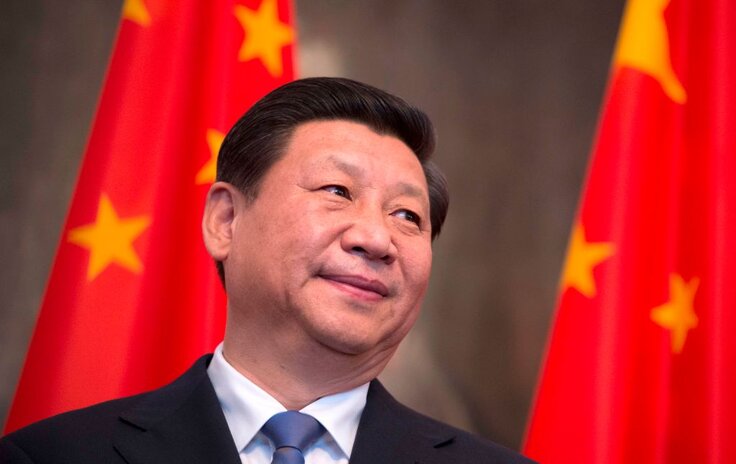
A think tank believed to conduct influence operations on behalf of the Chinese Communist Party has renewed its campaign to push pro-Beijing views on American college campuses as the Biden administration downplays China’s intelligence operations aimed at the United States.
The China-U.S. Exchange Foundation (CUSEF), a centerpiece of the CCP’s "united front" influence apparatus, has in recent months organized events at Columbia University, Johns Hopkins University, and the University of Missouri-St. Louis to promote closer ties between the United States and China, according to the group’s website.
The foundation, which is registered with the Justice Department as a foreign agent of China, has also organized trips for university students to China where they met with diplomats from China’s ministry of foreign affairs and the Chinese People’s Association for Friendship with Foreign Countries, another Chinese Communist Party front group that American intelligence officials say has "sought to directly and malignly influence" state and local leaders in the United States to promote China’s "global agenda."
CUSEF has maintained a low profile in recent years amid scrutiny over its ties to the CCP but has renewed its university outreach programs as the Biden administration has downplayed concerns about China’s intelligence operations in hopes of preserving diplomatic relations with Beijing. President Joe Biden has dismissed concerns about a Chinese surveillance balloon that flew across the United States earlier this year, and the administration has largely ignored Beijing’s hacking of emails of Ambassador Nicholas Burns and Secretary of Commerce Gina Raimondo. American officials have shied away from confronting Beijing for fear of hindering collaboration on climate change and global supply chain issues.
"It's not a coincidence that CUSEF, a known united front organization, is getting back into the game right now. Ties between Washington and Beijing are gradually warming as the Biden administration attempts to reset with the CCP," said Michael Sobolik, a senior fellow of Indo-Pacific studies at the American Foreign Policy Council.
Sobolik said college administrators "have no valid excuse" to work with CUSEF given all the publicity about its links to the Chinese Communist Party.
"CCP partnerships may be lucrative today, but they imperil academic freedom in the long run," Sobolik told the Washington Free Beacon.
American officials have sounded the alarm for years over CUSEF’s relationships with universities and think tanks. In 2018, Sen. Ted Cruz (R., Texas) pressured the University of Texas to block funding from the foundation, which was formed by Tung Chee-hwa, the vice chairman of the Chinese People’s Political Consultative Conference, an advisory body to the Chinese Communist Party. Since then, other universities have cut ties with CUSEF. So have think tanks like the Carnegie Endowment for International Peace and the liberal Center for American Progress.
CIA director William Burns, the former president of the Carnegie Endowment, said in 2021 that he cut ties with CUSEF when he led the think tank "because we were increasingly worried about the expansion of Chinese influence operations."
CUSEF has conducted some programs with American colleges, including a research project with students from Morgan State University to study the responses in the United States and China to the coronavirus pandemic. The report included subtle jabs at former president Donald Trump and American leaders’ handling of the pandemic.
In its latest initiatives, CUSEF is working with several American nonprofits known for their sympathetic views of Beijing.
One of those is the University of Montana’s Baucus Institute, led by Max Baucus, who served as U.S. ambassador to China under President Barack Obama.
Baucus, a vocal defender of Chinese foreign policy, last month organized a visit to China where he introduced students to officials from the Chinese Ministry of Foreign Affairs and from the Chinese People’s Association for Friendship with Foreign Countries, which the U.S. intelligence community says "has sought to directly and malignly influence state and local leaders to promote the PRC’s global agenda."
The aim of the trip was to promote "the understanding and cooperation" and emphasize "the importance of Sino-US relations."
CUSEF organized a trip in May with the U.S.-Asia Institute to Beijing for American law students in order to foster "a better understanding of the country and engaging with the Chinese legal and governmental systems."
The think tank hosted an event on April 18 at the University of Missouri-St. Louis with the United States Heartland China Association, another group sympathetic to Beijing, to promote a "deeper understanding of U.S.-China relations."
It hosted events on April 7 and April 12 at Columbia University and Johns Hopkins University, respectively. The Exchange Foundation invited as a speaker Shao Yuqun, the director of the Institute for Taiwan, Hong Kong & Macao Studies. According to China scholars, the institute operates under the direction of the Taiwan Affairs Leading Small Group, which is affiliated with China’s top intelligence agency, the Ministry of State Security.
Shao recently criticized former House speaker Nancy Pelosi (D., Calif.) for visiting Taiwan, whose independence is a point of contention between Washington and Beijing. Shao asserted the United States is in the grips of "institutional decay" and that policy toward Taiwan "is being taken hostage by certain interest groups."
The China-U.S. Exchange Foundation and the universities it has worked with did not respond to requests for comment.

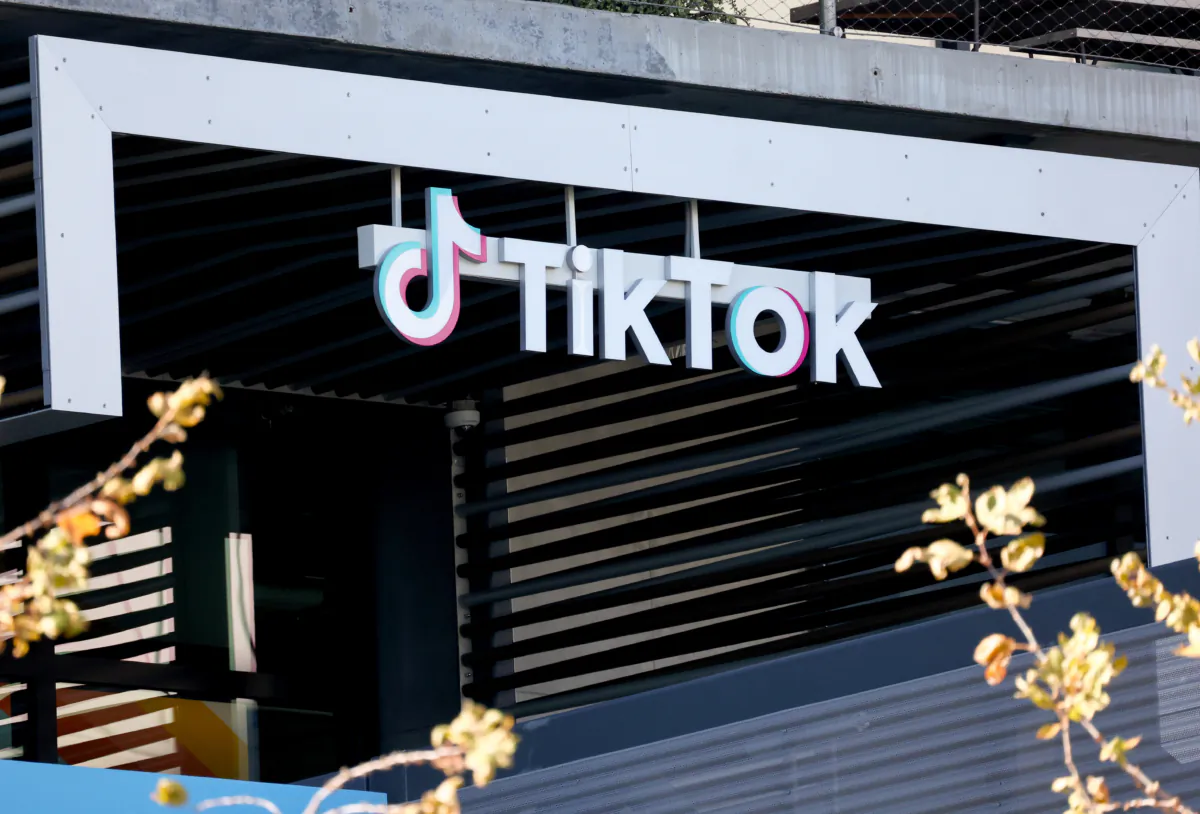


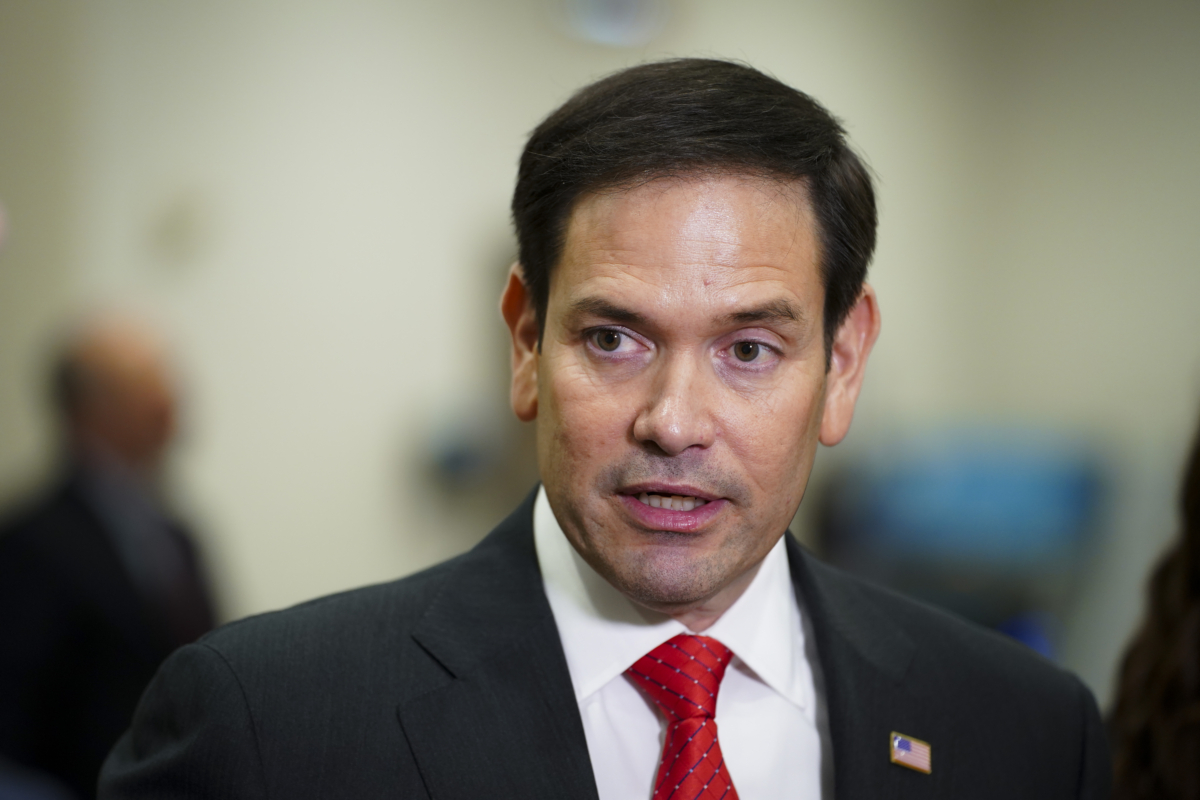
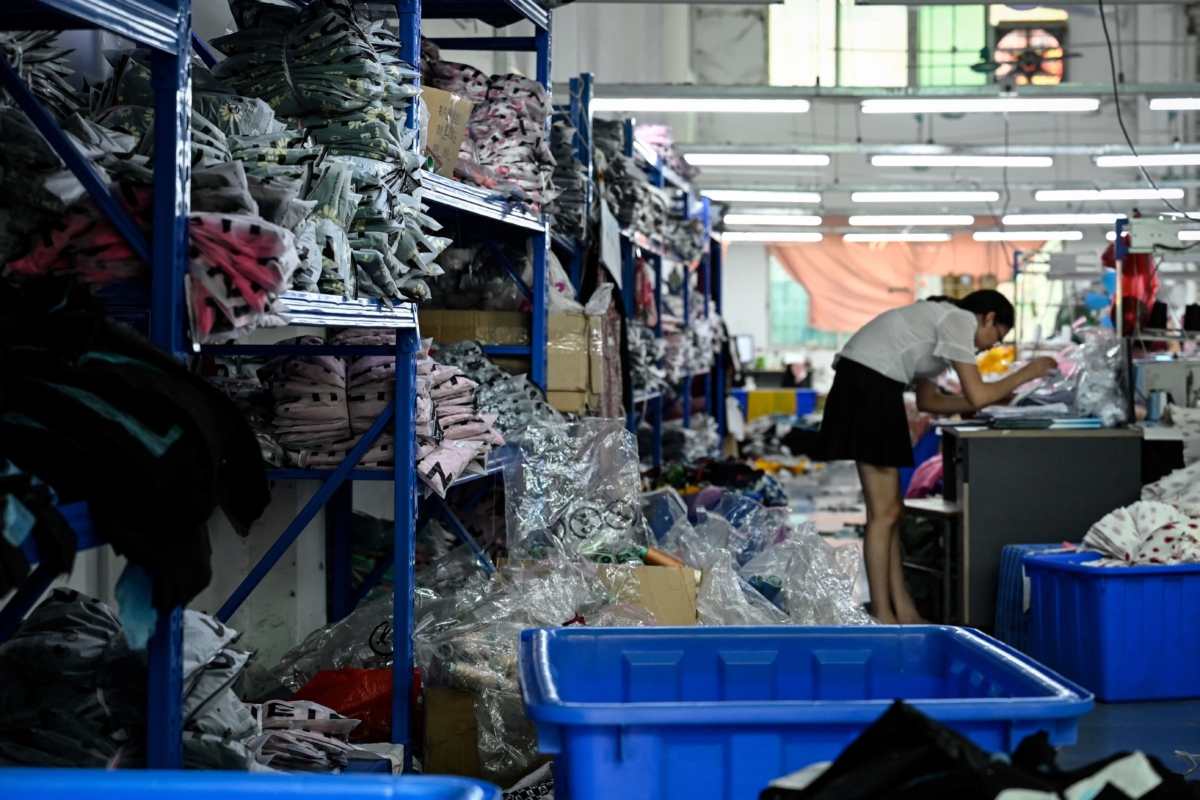
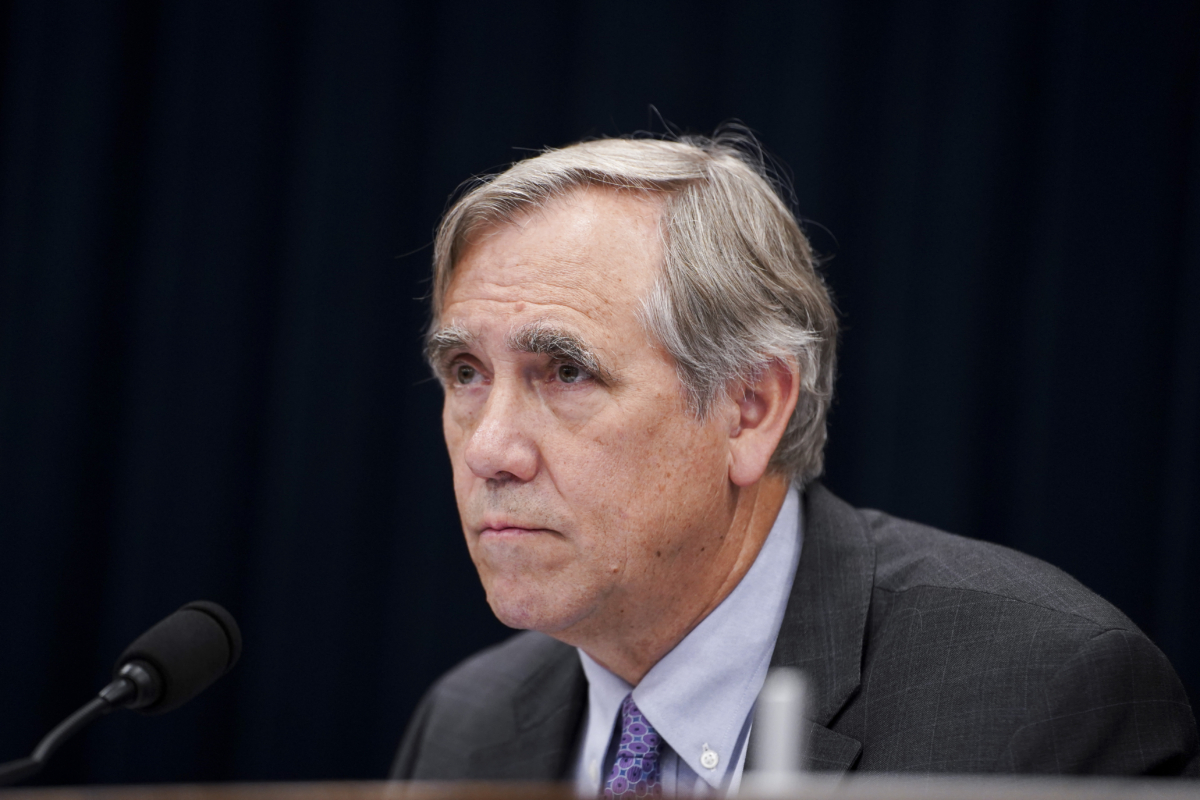

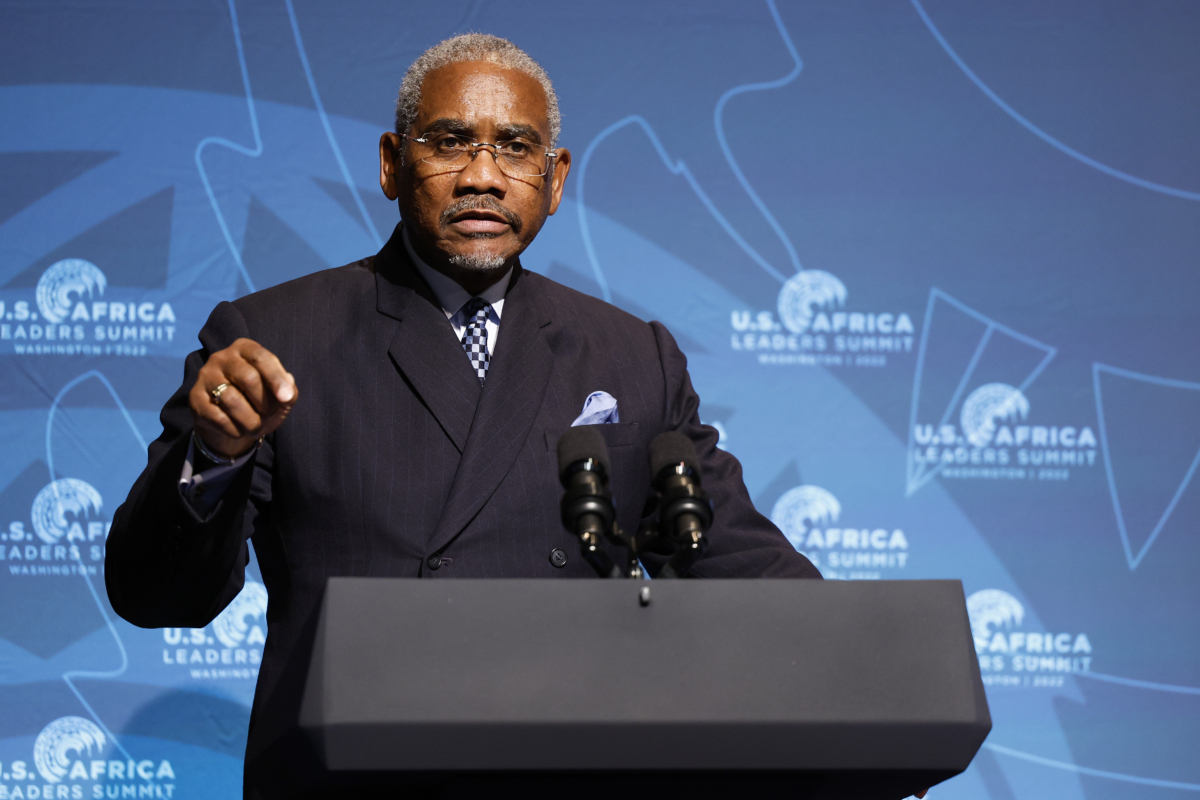
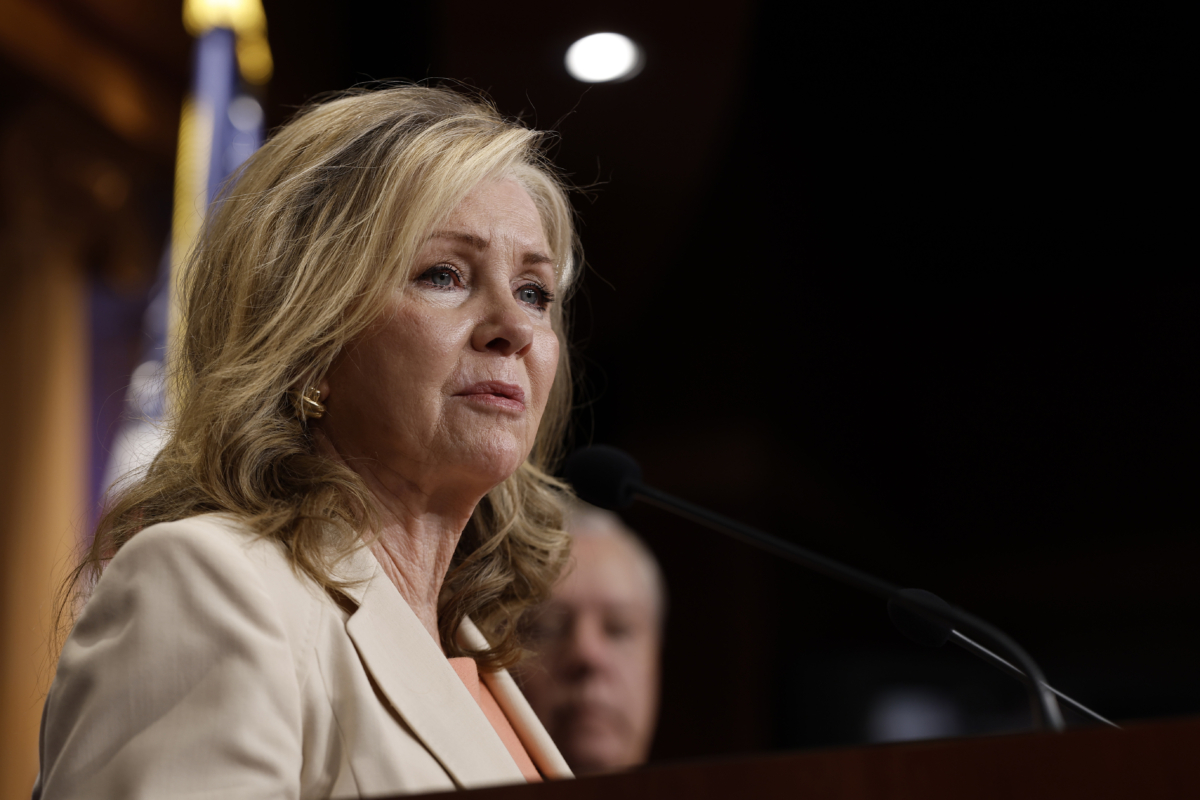
No comments:
Post a Comment